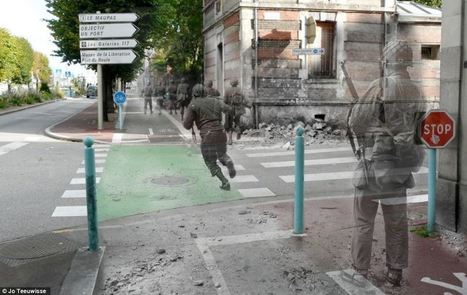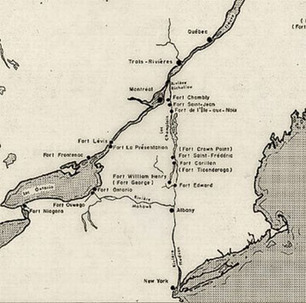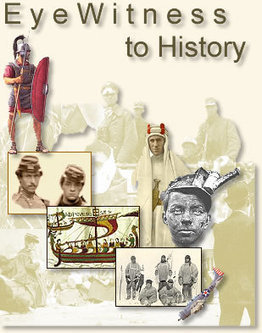By 1750, Rhode Island had become a major trade center. Much of the colony's commercial success was due to its ability to add value to imported raw materials and turn the new products into exports. For example, cacao, sugarcane, and molasses from the Caribbean region were made into chocolate, sugar, and rum. Much wealth was also gained from exporting slaves imported from Africa.
National Geographic has placed many colonial maps online that highlight the local economic geographies that where driving expansion and the colonial enterprises. Many of these maps are gathered on National Geographic's pinterest page.
This is very relevant to the DeWolf family from Bristol, Rhode Island. The history of this family and city of Bristol is a major focus of the documentary Traces of the Trade. Check out the maps and ideas behind the regional history!
Via
Seth Dixon,
Luke Walker



 Your new post is loading...
Your new post is loading...





















